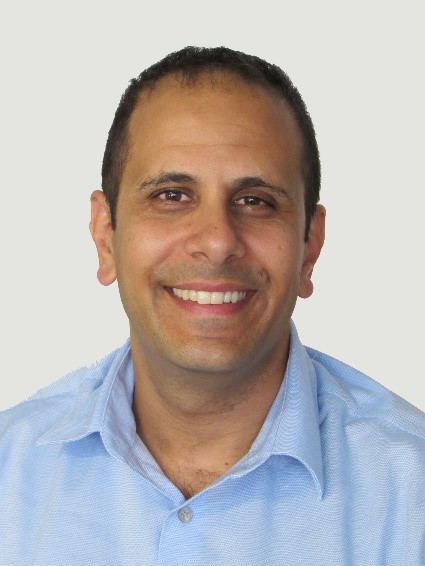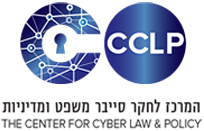 The Center for Cyber Law & Policy
The Center for Cyber Law & Policy
Moran Yemini is a Senior Fellow at the University of Haifa's Center for Cyber, Law and Policy (CCLP), a litigation partner at the law firm of Herzog, Fox & Neeman, and a Visiting Fellow at the Information Society Project at Yale Law School.
Moran has published articles in the fields of law, communications and philosophy (including both theoretical and empirical work), which have been frequently cited in academic articles, as well as by U.S. Federal courts. His research interests consist of various aspects of the intersection of technology, political theory, and law, including the relationship between technology and morality, the theory of Internet governance, constitutional rights in the digital age, and online freedom of expression.
Moran holds an LL.B., magna cum laude, from Tel-Aviv University, an LL.M. from New York University School of Law (where he studied under the merit-based Vanderbilt Scholarship), and a Ph.D. in law from the University of Haifa. In addition to degrees in law, Moran’s academic background also includes an undergraduate degree (B.A.), magna cum laude, in communications and a graduate degree (M.A.), magna cum laude, in political science, both from Tel-Aviv University.
Abstract:
Traditional free speech theory has identified three main justifications for freedom of speech: the attainment-of-truth argument, which holds that freedom of speech assists in advancing knowledge and discovering truth; the argument from liberal democracy, which holds that freedom of speech is essential to collective self-governance; and the argument from personal autonomy, which holds that freedom of speech reflects respect for individuals' autonomy and rationality and promotes individual self-fulfillment.
Although there are significant potential tensions between these various free speech justifications, courts rarely engage in a normative-substantive analysis of the rationales underlying free speech and generally tend to assume that unfettered speech necessarily promotes all of these (and other) rationales simultaneously. But it may no longer be possible to duck these complexities, as digital technologies, and particularly communicative artificial intelligence (AI), are pushing free speech theory and doctrine in profound ways.
Our current technologically-mediated system of free expression, in which AI speech is becoming increasingly present, puts into question one of the basic premises of free speech doctrine, which is that there is no such thing as too much speech. Our current system of free expression validates and amplifies the established critiques of the attainment-of-truth argument, which rests on the assumption that in a "marketplace of ideas" truth will emerge triumphantly. It similarly invokes a reevaluation of the relationship between a regime of free speech and the goal of promoting democracy. Within these larger questions, one of the main points of concern is whether AI speech deserves protection and if so on what grounds.
Moreover, at an even more fundamental level, the development of strong AI, potentially capable of independent "thinking," may also force a reexamination of the relevancy and applicability of the autonomy justification of free speech to an environment in which it may no longer be possible to draw clear lines between human and non-human communication. This presentation will briefly discuss these challenges to free speech theory and doctrine.





